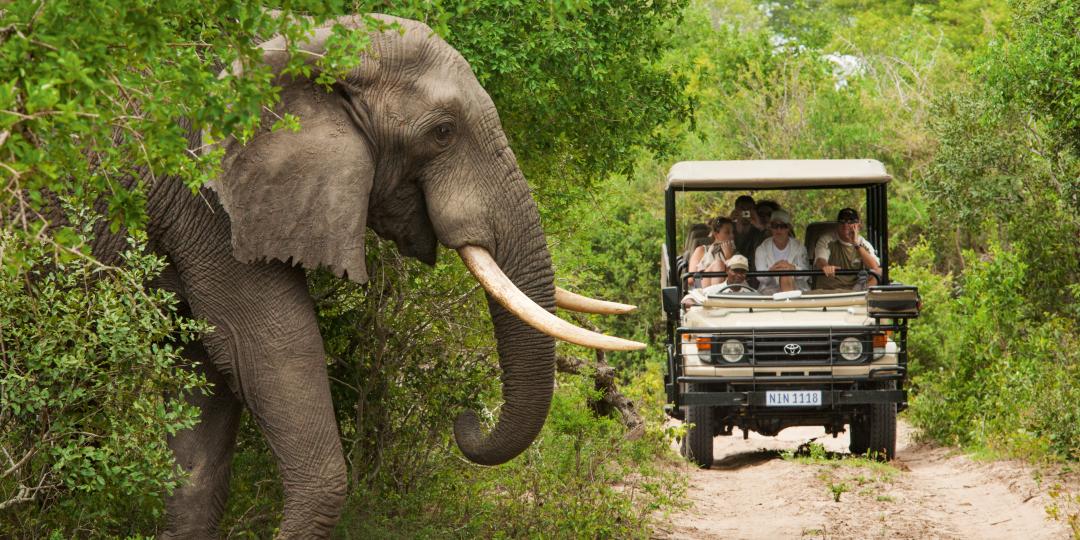With reserves and lodges left with massive gaps in funding, much of it from revenue from tourism, during COVID-19, it has been suggested that greater focus be placed on conservation efforts when marketing to certain travel sectors, especially families.
During a recent webinar on Family Travel – hosted by Jumbari Family Safaris – CEO of Ker & Downey Africa Group, Lee Kelsall, highlighted that some suppliers might have had to reduce their contribution to conservation efforts during lockdown due to a lack of income.
Kelsall said mindful family travellers would be happy to know that booking their dream trip to Africa during the travel bans would also greatly benefit conservation projects in Africa.
Trade Relations Manager at Sabi Sabi, Jan Scholtz, emphasised that conservation was an ongoing operation, regardless of whether there were guests. “Obviously we would very much like to have some guests to cover our costs, but the conservation work hasn’t stopped,” he said.
For the extremely conservation-conscious client, ROAR Africa has introduced carbon-neutral family experiences where a percentage of the profits are directly donated to conservation.
“The current devastating humanitarian and economic impact of COVID-19 has forced us to reimagine travel anew, with smarter itineraries, smaller footprints, and the kinds of transformative experiences that foster empathy, open-mindedness, and a connectedness between those who travel and the communities who benefit from it,” said CEO and Founder of ROAR Africa, Deborah Calmeyer.
Both Calmeyer and Kelsall touched on the natural social distancing that comes with safari-style trips in the wide-open African landscape, emphasising that bookings to these safe post-COVID-19 destinations would greatly benefit conservation efforts.
“Guests should be made aware that their next Africa trip is as essential for personal, mental and emotional wellbeing as it is for the survival of the continent’s wildlife and wildlife spaces. For it’s never been more evident than now, that, while travel is a privilege not a right, thousands of human and animal lives depend upon it,” concluded Calmeyer.
























